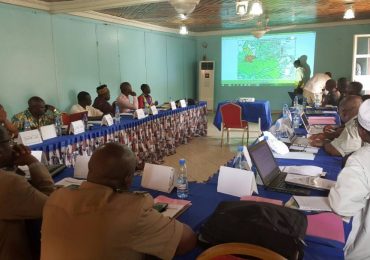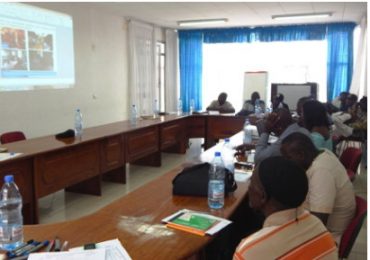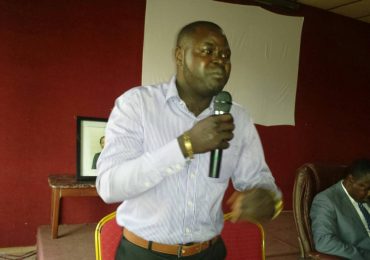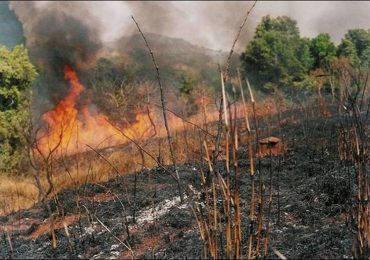Farmers in the Manyu Division of South West Cameroon, have cried foul over the drastic fall in Bush Mango (Irvengia gabonensis) prices, attributed to the Anglophone crisis that has slowed down economic activities within the two English speaking regions of Cameroon for over one year now.
Melvis Takang
Popularly known as ‘ogbono’, a small basin of bush mango which used to sell between FCFA 30,000 and 45,000frs depending on the season, now sells at FCFA 15,000. This phenomenon has thwarted family projects and business in most villages within the Manyu Division.
“My family and I greatly depend on bush mango for everything. It is during this period that we save up money to plan for our family projects. I have more than 10 bush mango trees in my farm with an average yield of 30 basins per year. This gives me about FCFA 1 million per year. In fact, I am very disappointed with this fall in prices. I don’t even know how my family will cope this year,” Mr. Orock Thomas, a Ntenako based farmer in Manyu cried out.
The fall in bush mango prices has dissuaded many farmers in the Manyu Division from harvesting this hitherto lucrative fruit, given that the price does not commensurate the labour put in.
“During bush mango harvesting, we leave as early as 6:30 am for the forest and only come back same time in the evening. After harvesting, the seeds are sunned for about four days such that they are dry enough to be sold. So you can now understand when I describe this fall in prices as waste of time and energy,” Ma Esther Anyang from Tali 1 explained.
Quizzed on the reason behind the drastic fall in prices, a popular ogbono buyer from Cameroon to Nigeria, who preferred to be known simply as Eze, attributed it to the crises plaguing the two English Speaking regions of Cameroon.
“Ogbono sales have never been this bad in all my years as a trader in this product. The only cause of this fall in prices is the situation in the two Anglophone Regions of Cameroon which has slowed down movement and seriously handicapped all inter border businesses in these two regions. It is even a greater risk for us buyers as we are not even sure of when the borders will be opened so we can start going to sell in Nigeria hitch free. We are only buying because we are business men and cannot runaway in times of crisis in our businesses,” he expounded.
Besides the killings, destruction of property and desertion of homes, the Anglophone crises has paralysed economic activities and is creeping deep into other sectors of life that the consequences may be more devastating than it already is if the problem is not resolved.










